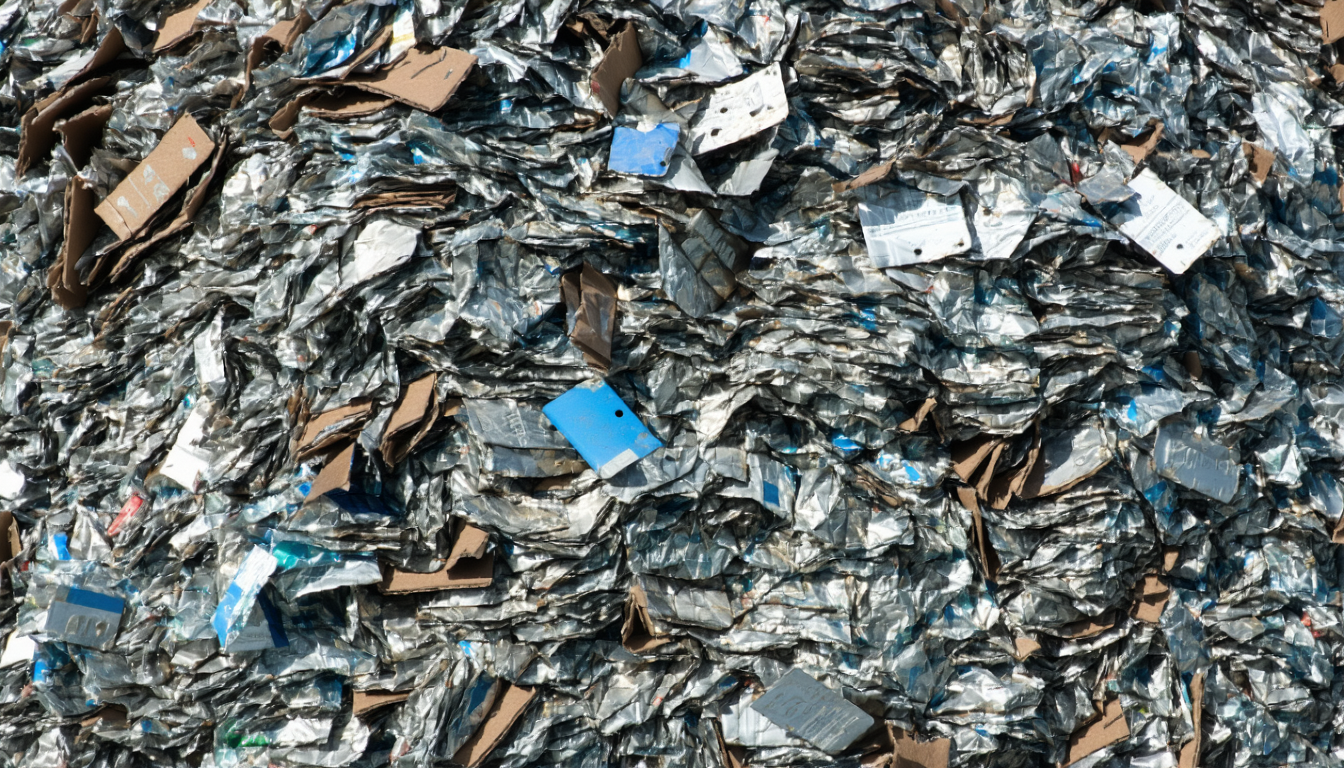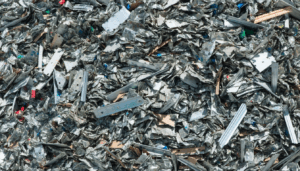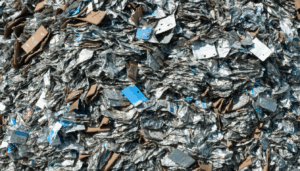Introduction
In an era where sustainability drives industrial innovation, Farnsworth Metal Recycling has emerged as a key player in the United States’ efforts to manage waste and conserve resources. Based in the heart of the Midwest, this company has gained attention for its cutting-edge approaches to metal recovery and environmental stewardship. This article explores recent developments at Farnsworth Metal Recycling, its impact on local communities and industries, and what the future holds for this vital sector. From new facility expansions to partnerships, here’s how the company is shaping the recycling landscape.
Farnsworth Metal Recycling’s Recent Milestones
Farnsworth Metal Recycling, headquartered in Ohio, has made significant strides in 2023. The company recently announced the opening of a new processing plant in Cleveland, which is expected to handle over 50,000 tons of scrap metal annually. This expansion, completed in October 2023, marks a 30% increase in their operational capacity compared to last year.
Beyond infrastructure growth, Farnsworth has invested heavily in technology. Their adoption of advanced sorting systems has improved efficiency by 25%, allowing for better separation of ferrous and non-ferrous metals. This not only boosts profitability but also reduces landfill waste, aligning with national sustainability goals.
Economic and Environmental Impact
The influence of Farnsworth Metal Recycling extends beyond its facilities. By providing raw materials to steel manufacturers and other industries, the company supports over 1,200 jobs directly and indirectly across Ohio and neighboring states. Their operations help reduce the need for virgin metal extraction, cutting down energy consumption by an estimated 60% compared to traditional mining processes.
Environmentally, their work is critical. According to a 2023 report by the Environmental Protection Agency (EPA), recycling metal prevents millions of tons of greenhouse gas emissions annually. “Farnsworth Metal Recycling plays a pivotal role in this cycle,” says Dr. Emily Harper, an environmental scientist at Ohio State University. “Their efforts directly contribute to cleaner air and reduced resource depletion.”
Community Engagement and Challenges
Farnsworth Metal Recycling has also prioritized community involvement. In September 2023, they launched a public education program in Cleveland, teaching residents about proper scrap disposal and offering incentives for drop-offs. Over 500 households participated in the first month alone, showcasing strong local support.
However, challenges remain. Fluctuating global metal prices have occasionally strained profitability, with a reported dip of 15% in revenue during Q2 of 2023 due to market volatility. Additionally, some critics argue that large-scale recycling operations can disrupt local ecosystems if not managed carefully. Farnsworth has responded by committing to stricter environmental audits, ensuring compliance with federal regulations.
Future Outlook for Farnsworth Metal Recycling
Looking ahead, the future seems promising yet complex for Farnsworth Metal Recycling. Industry analysts predict a surge in demand for recycled metals as the U.S. pushes toward a circular economy by 2030, with federal initiatives like the Infrastructure Investment and Jobs Act allocating funds for sustainable projects. This could position Farnsworth as a leading supplier for green construction materials.
On the flip side, evolving regulations may require further investments in compliance and technology upgrades. Balancing growth with environmental responsibility will be key. “The recycling sector must innovate continuously to meet both economic and ecological demands,” notes Michael Bennett, a metals industry consultant based in Chicago.
Conclusion
Farnsworth Metal Recycling stands as a beacon of progress in the U.S. sustainability movement, driving economic growth while addressing pressing environmental concerns. With new facilities, technological advancements, and community initiatives, the company is well-poised to lead the charge in metal recovery. As challenges like market fluctuations and regulatory changes loom, their adaptability will be crucial. Ultimately, Farnsworth’s journey reflects a broader national shift toward greener practices, proving that industry and ecology can coexist with the right vision.
Frequently Asked Questions (FAQ)
-
What is Farnsworth Metal Recycling?
Farnsworth Metal Recycling is an Ohio-based company specializing in the collection, processing, and distribution of scrap metals, contributing to sustainability efforts across the United States. -
Where are their facilities located?
They operate multiple facilities, with their latest plant opening in Cleveland, Ohio, as of October 2023, alongside other locations in the Midwest. -
How does metal recycling benefit the environment?
Recycling metals reduces greenhouse gas emissions, conserves natural resources, and decreases energy use by up to 60% compared to mining new materials, according to EPA data. -
What challenges does Farnsworth Metal Recycling face?
The company navigates issues like fluctuating metal prices and environmental concerns, requiring ongoing investments in technology and compliance measures. -
How can communities get involved with Farnsworth’s initiatives?
Residents near their facilities can participate in educational programs or drop-off incentives, such as those launched in Cleveland in September 2023, to support local recycling efforts.
This comprehensive overview of Farnsworth Metal Recycling highlights its role as a cornerstone of sustainable industry in the U.S., offering insights into its achievements and the road ahead for both the company and the sector at large.





